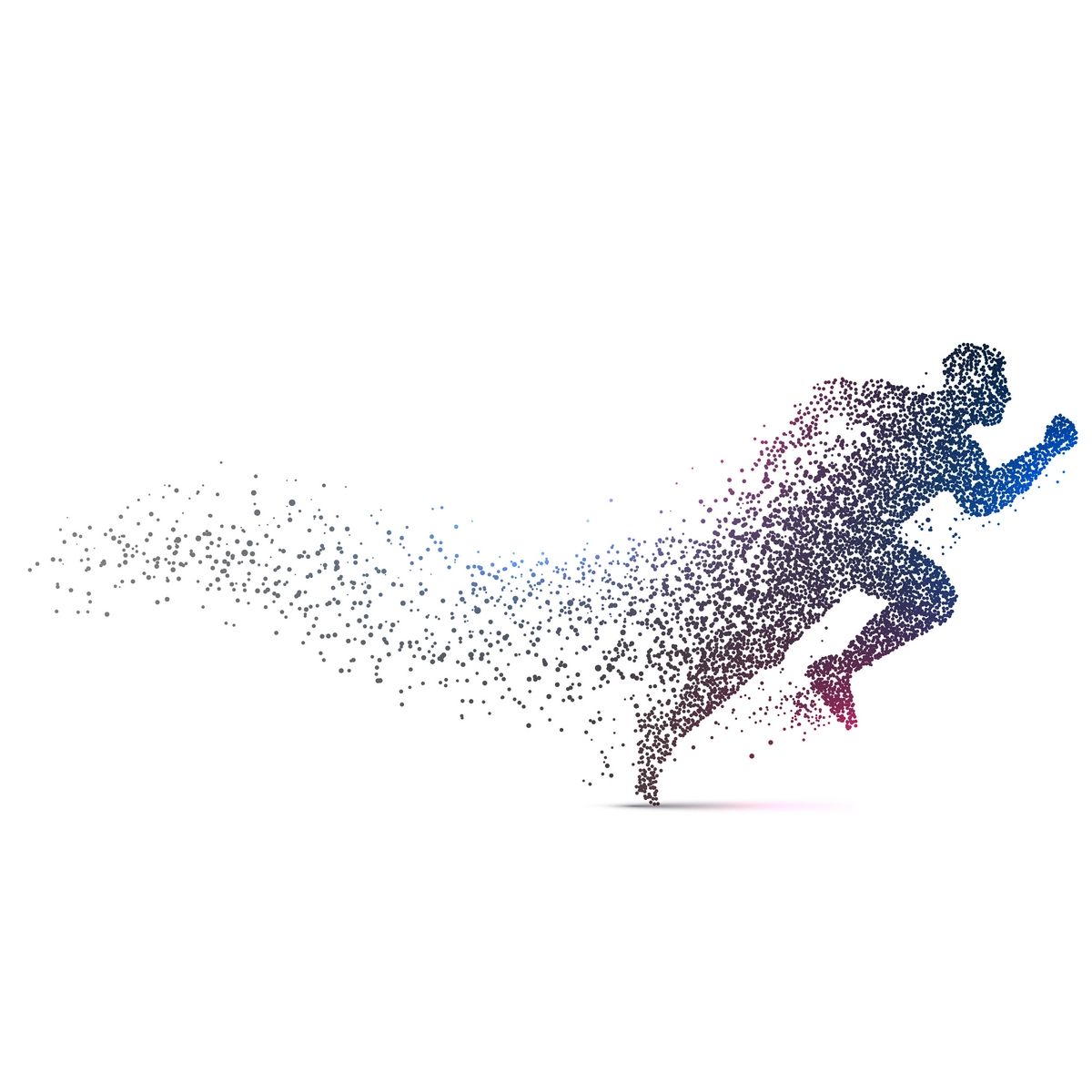Preventing Gender-Based Violence in Sport: Strategies and Interventions

Tackling gender-based violence (GBV) in sport requires thoughtful strategies that address its root causes and promote a culture of respect and equality. These strategies go hand in hand with the development of policies entailing educational programs, which raise awareness on GBV and bring it in the spotlight for all actors within the sports sector. One effective approach is through educational programs that raise awareness about GBV and teach athletes, coaches, and sports administrators about consent, boundaries, and respectful behaviour.
Developing policies and educational programs
In Europe, initiatives like the “Start to Talk” campaign by the Council of Europe are making a significant difference by encouraging sports organisations to speak out against abuse and implement preventive measures, providing crucial training and resources to create safer sports environments. These programs empower individuals to recognise and act against instances of violence, while also teaching athletes, coaches, and sports administrators about consent and boundaries.
Nonetheless, sports organisations need to establish clear policies that define unacceptable behaviours, outline reporting mechanisms, and ensure accountability. In Greece, the Hellenic Olympic Committee has been a leader in this area, promoting policies that protect athletes from abuse and harassment. They align with international standards to ensure a safe sporting environment for everyone involved. The European Union supports these efforts through initiatives like the Erasmus+ programme, which funds projects aimed at promoting gender equality and safety in sports settings. Effective policies are inclusive, covering all forms of violence, including physical, emotional, and sexual abuse. It’s essential that robust reporting and response systems are in place to protect the confidentiality and safety of those who come forward.
Community Engagement and Collaboration
Community engagement and collaboration are crucial to sustaining efforts against GBV in sports. Partnerships between sports organisations, educational institutions, and advocacy groups help amplify resources and expertise. In Greece, organisations like Diotima, the Center for Research on Women’s Issues, collaborate with sports bodies to provide training and support for the prevention of GBV. Involving athletes in these conversations as role models and advocates can foster a culture of accountability and change. By combining education, policy, and community efforts, the sports world can make significant strides in eradicating GBV and ensuring a safe and inclusive environment for all athletes.
Conclusion
GBV in sports is a multifaceted problem that demands continuous and thorough initiatives for resolution. Acknowledging the different appearances of GBV is the initial step in fostering a sports environment that is safer and more welcoming to all. During Sport GVP project, we aspire to initiate the appreciation of a non-violence culture and bias that detracts from the essence of sportsmanship, through the implementation of policies, helping athletes, advocating for gender equality, and enforcing accountability.
References
Council of Europe (2018) Start to Talk campaign.
Hellenic Olympic Committee (2021). Safeguarding Athletes from Harassment and Abuse.
EuropeanUnion(2021). Erasmus+Sport
Diotima (2020). Preventing Gender-Based Violence in Sports.